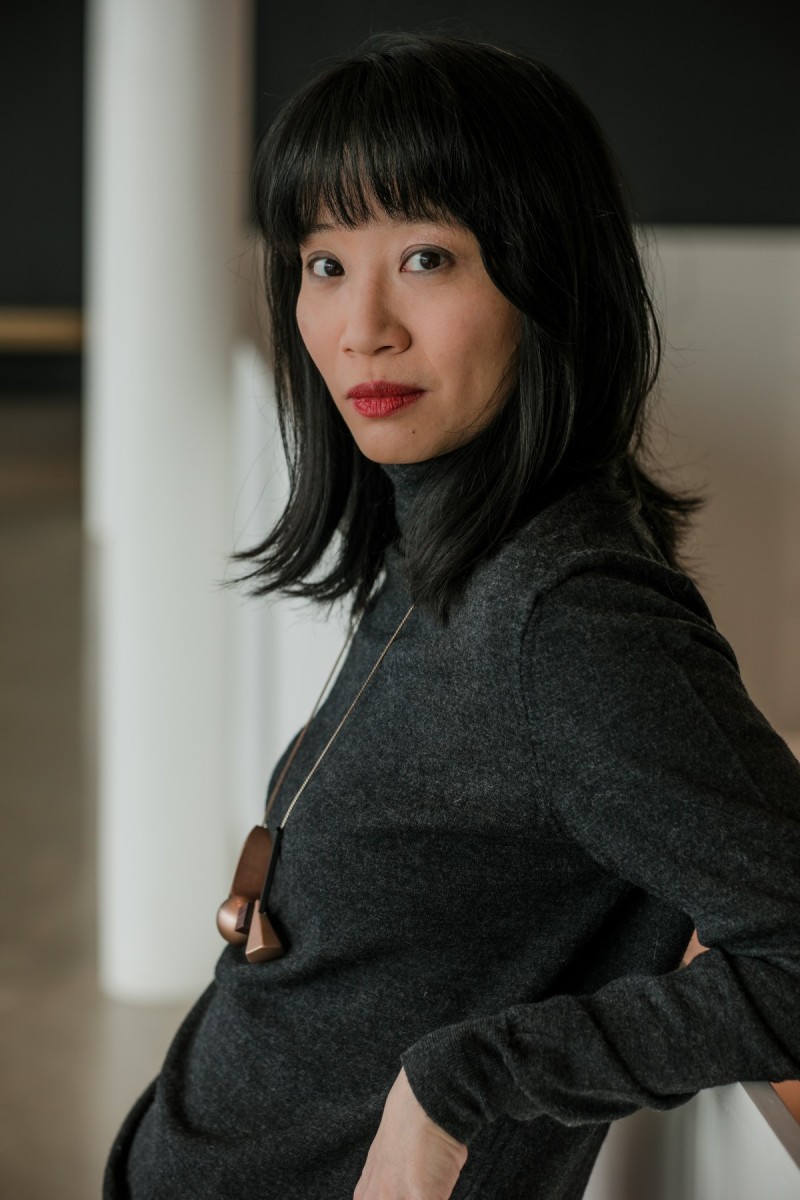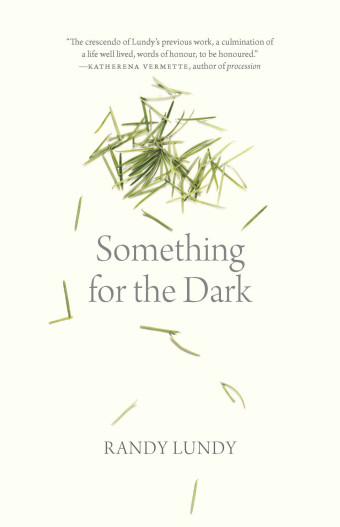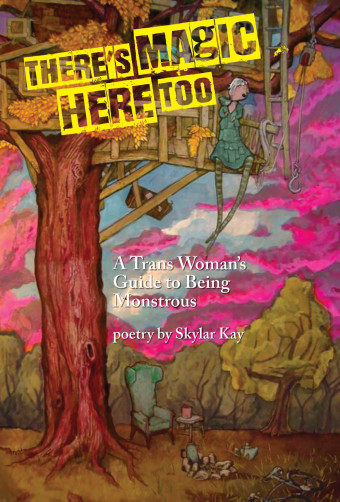Joanne Leow’s debut collection of poetry, Seas Move Away, weaves together narratives of movement, displacement, migration, and return. “This collection is dedicated ‘to those who move away,’” she says.
_340_736_90.jpeg)
- seas move away
- Joanne Leow
- Turnstone Press
- $18.00 Paperback, 120 pages
- ISBN: 978-08-88017-53-6
“Throughout the collection, I am thinking about the loss that comes through leavings and migrations. When I first left for college in the U.S. from Singapore, I remember my mother saying to me, ‘You know you’ll never be able to come back again.’ I didn’t understand exactly what she meant then, but I think I am closer to an understanding of that now.”
Leow, who teaches literature at the University of Saskatchewan in Saskatoon, has moved between two continents over the last two decades: Asia and North America. Though Leow wrote some of the poems in this collection as far back as 2001, now felt like the right time to bring the different parts of her life together.
“I think there is definitely a strong element of autobiography in my poetry,” she says. “There are also snatches of other fellow immigrants’ voices and stories.”
Leow wrestles with her conflicting roles as an immigrant and person of colour who is also a settler on Canadian soil, such as in the poem “Rubric,” which refers to her work as an assistant professor: “my futile work is / to stem this broken-down chorus / of the imperial language / its rules thrown to the wind / shattered by so many other tongues.”
Leow explains further: “The longer poem cycle, ‘A Year in Saskatchewan,’ is an attempt to convey an uneasy ‘settling’ or, really, ‘unsettlement’ in Treaty 6 Territory, which I’m still learning about as I go. I am trying to understand what it means for me to be on these territories. What are my obligations and responsibilities? What am I not seeing and what do I see? These epistolary poems are my way of conveying these mixed emotions.”

Leow also interrogates the nature of power in a section of found poems entitled “When power applies to behavior.” These poems quote Singaporean statutes and laws to explore how language is used to control and enforce behaviour.
“Singapore inherited a lot of laws from its time as a British colony, and the government has since enacted many other laws that prohibit various freedoms of expression, assembly, and media,” explains Leow.
Leow, who describes herself as self-taught, has been writing poetry for decades and relies on her instincts.
“I often hear my poems in my head before I set them down on paper,” she says. “So most of the time the line break comes naturally to me in my more conversational poems. When I am editing something where I am working out of an existing document, like the found poems, I am more deliberate in my line breaks as they become more visual exercises on the page.”
One of the most important things Leow has learned is that her poetry isn’t just for herself.
“Sharing my poems with close friends made me understand that my words were for a larger audience.”













